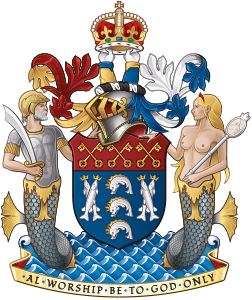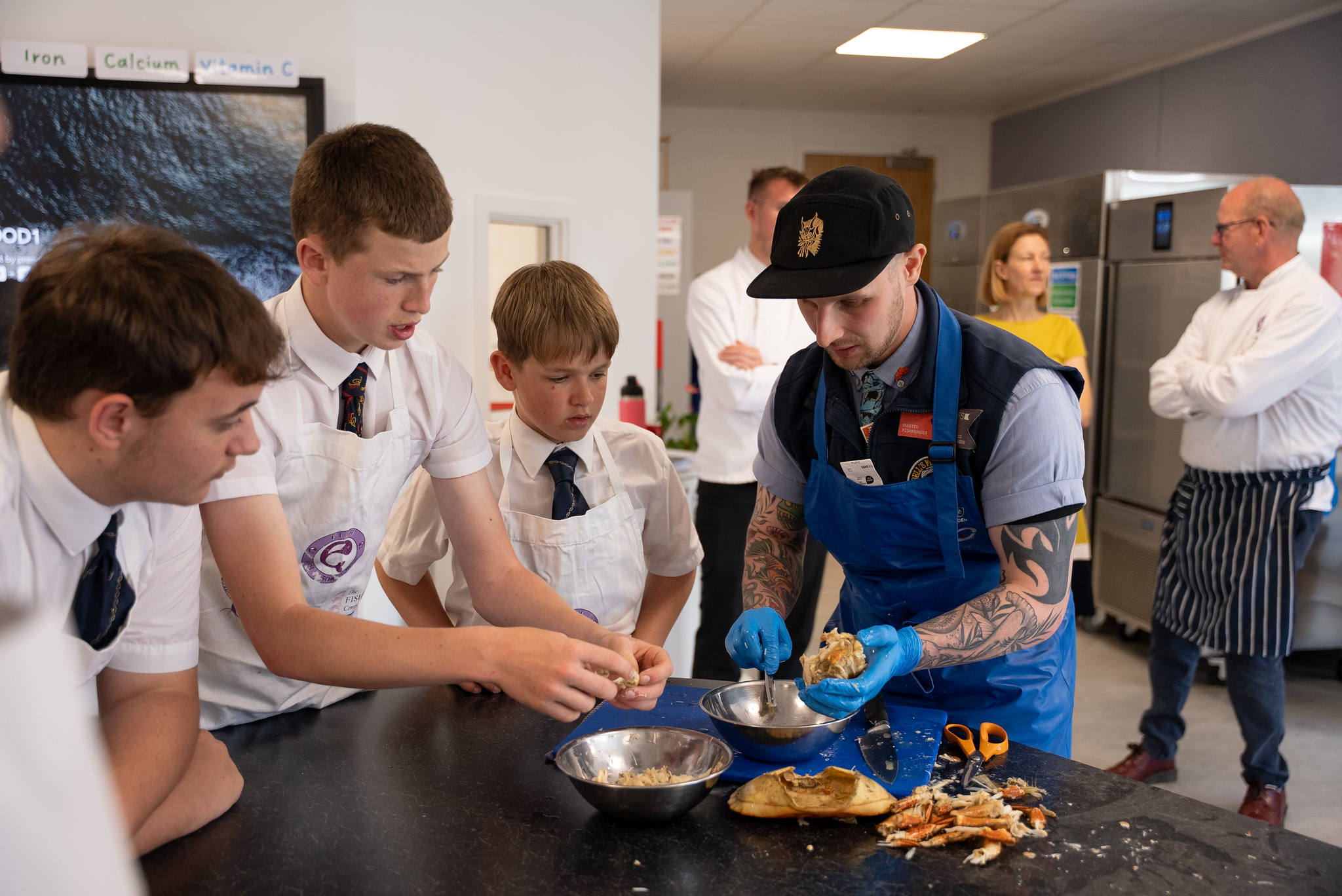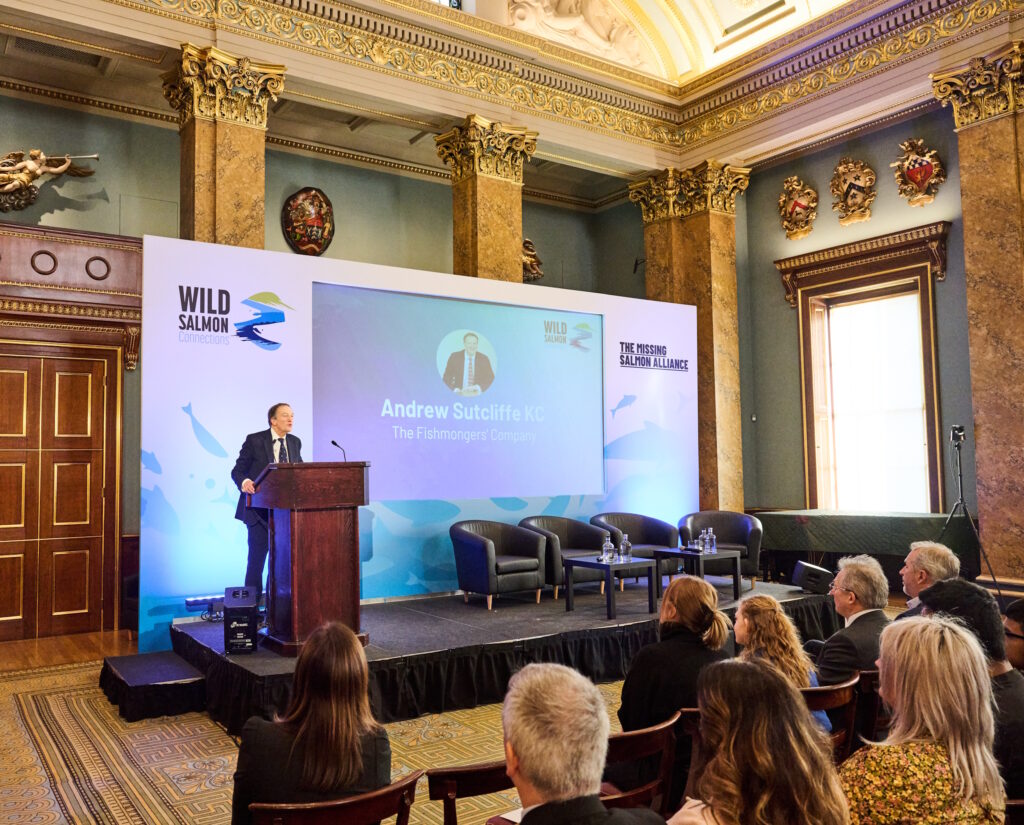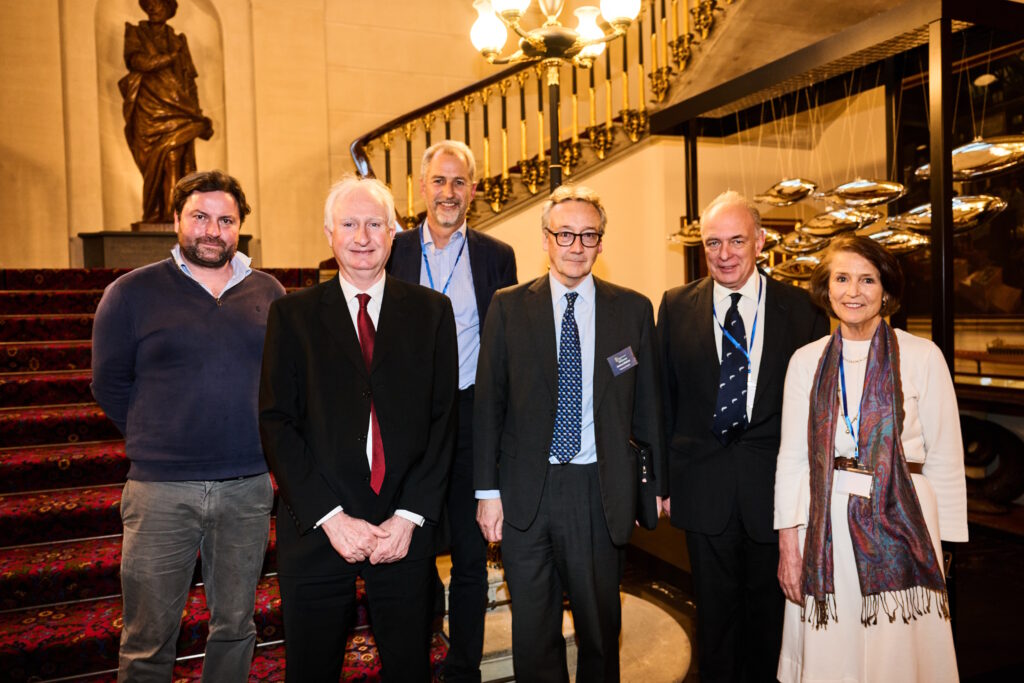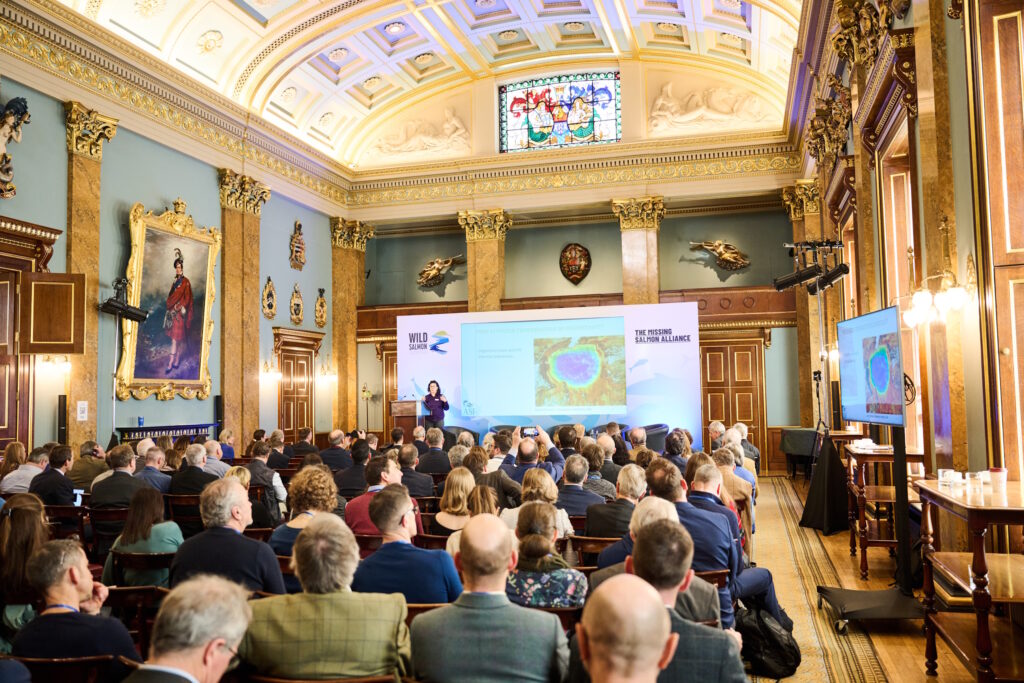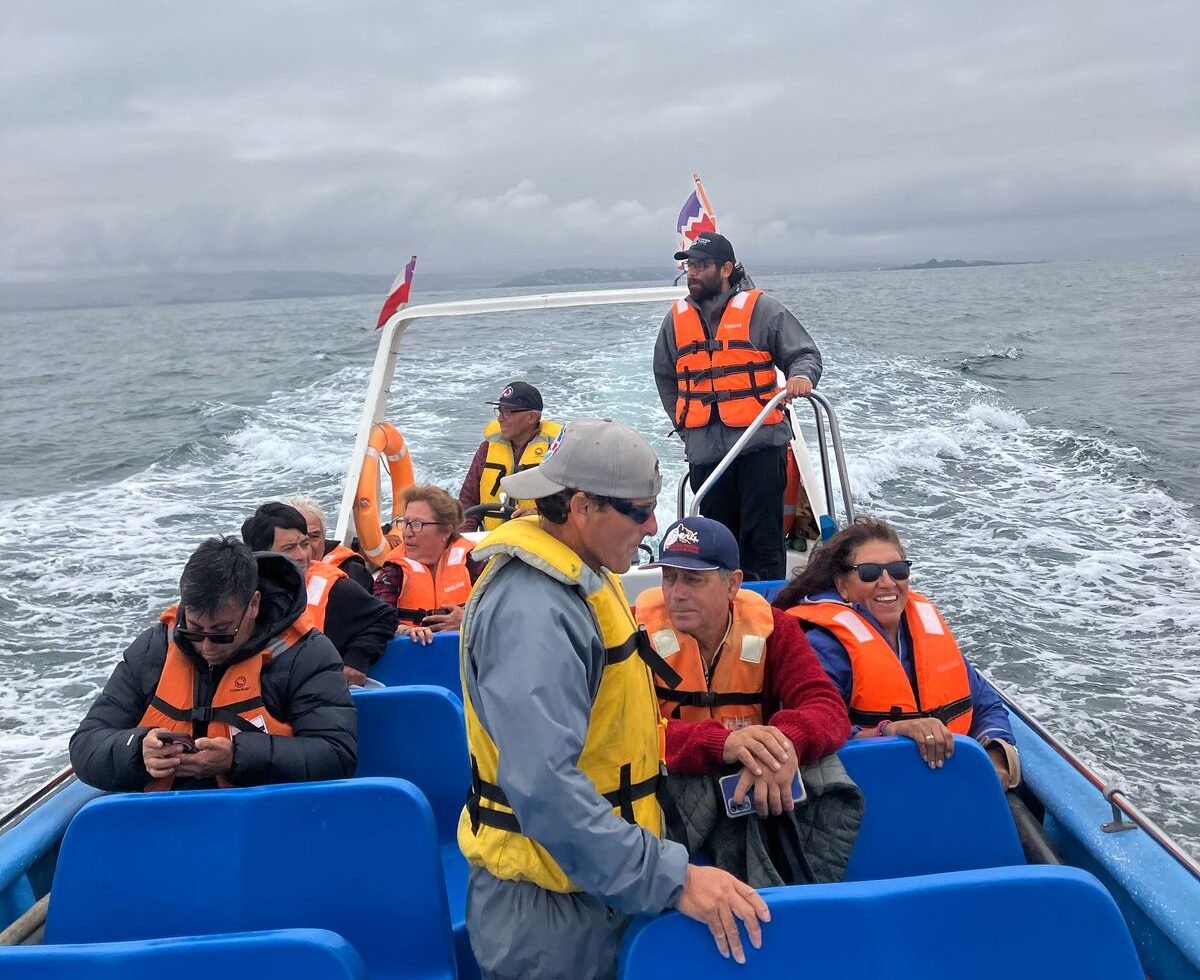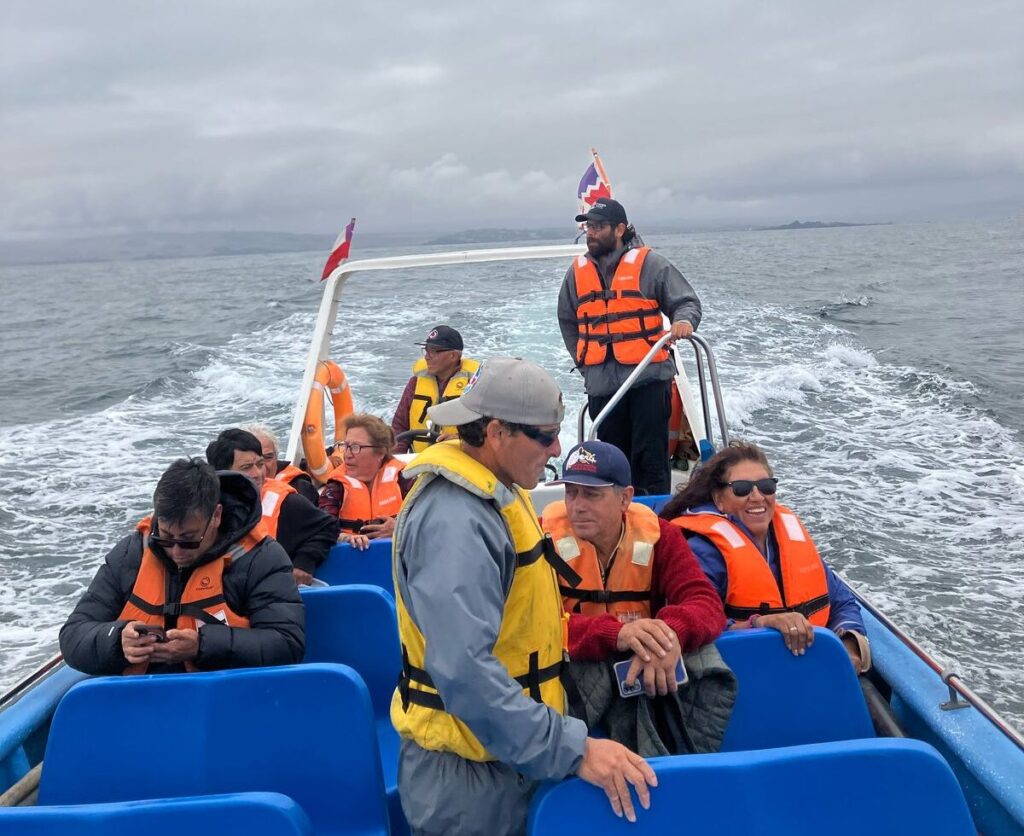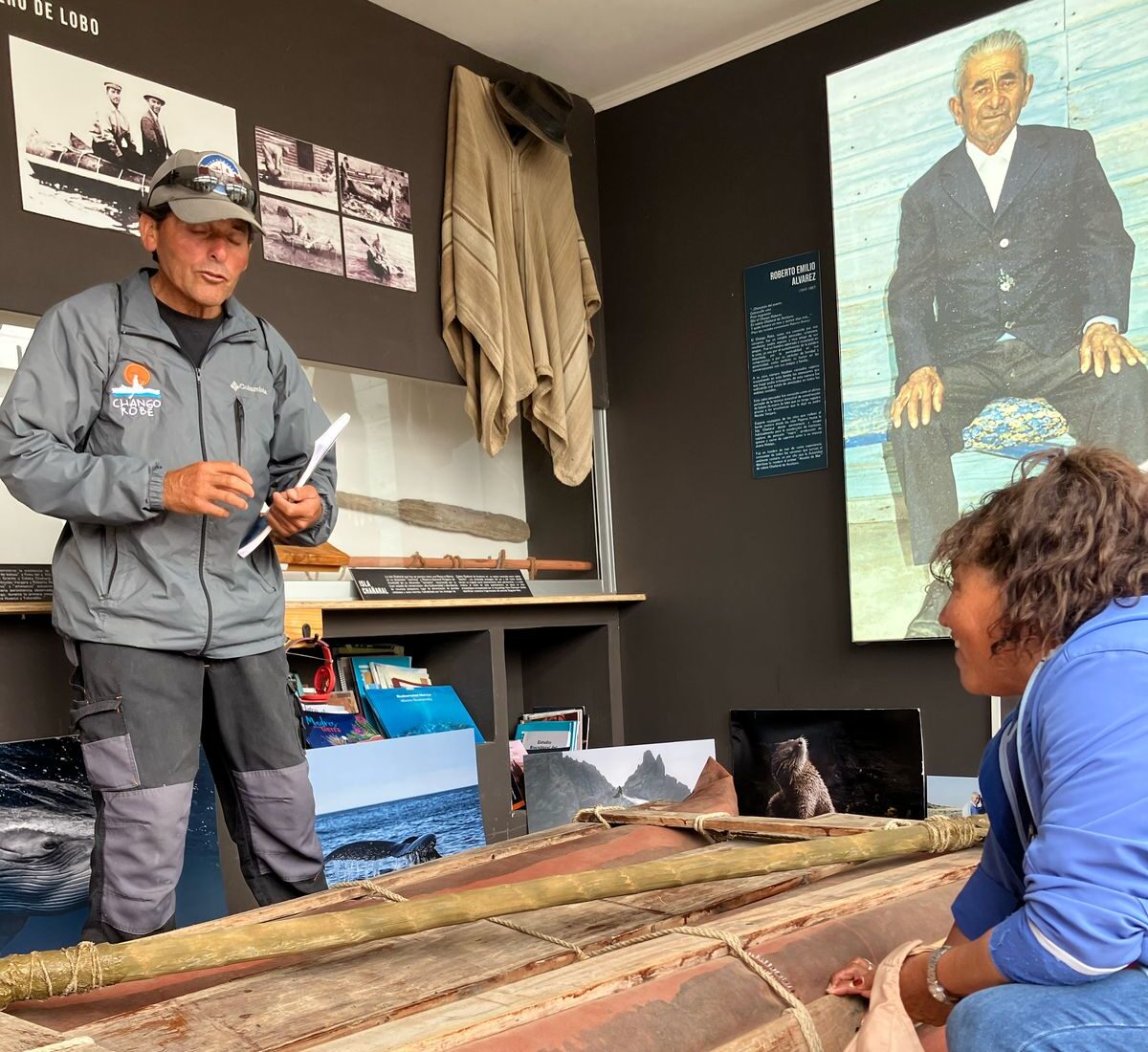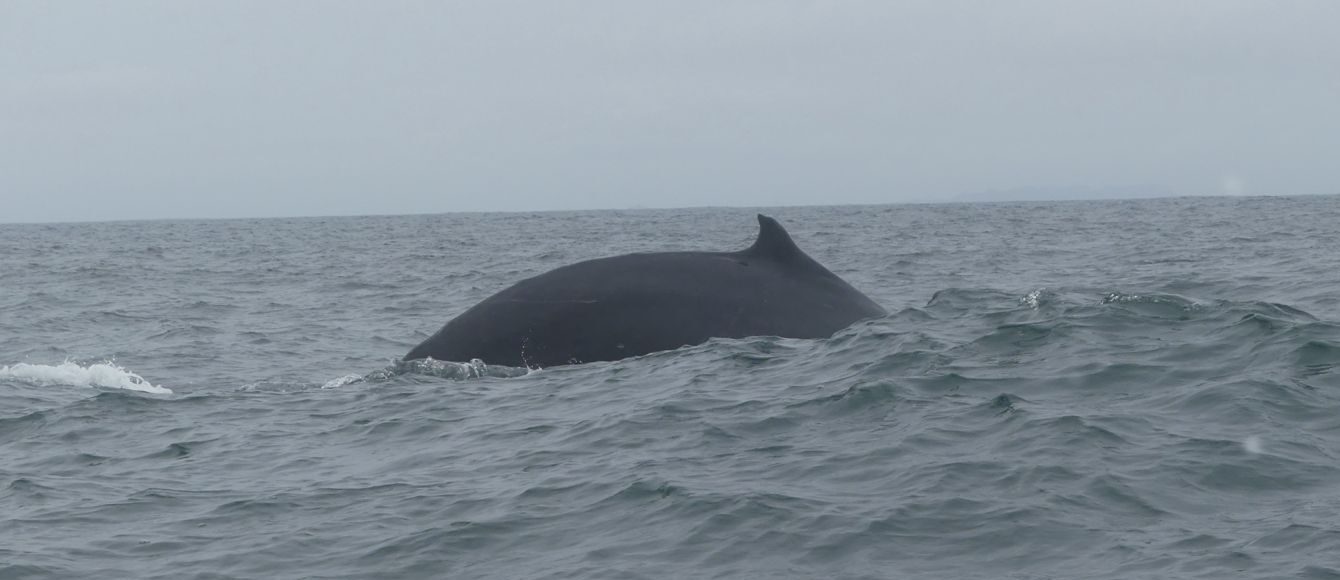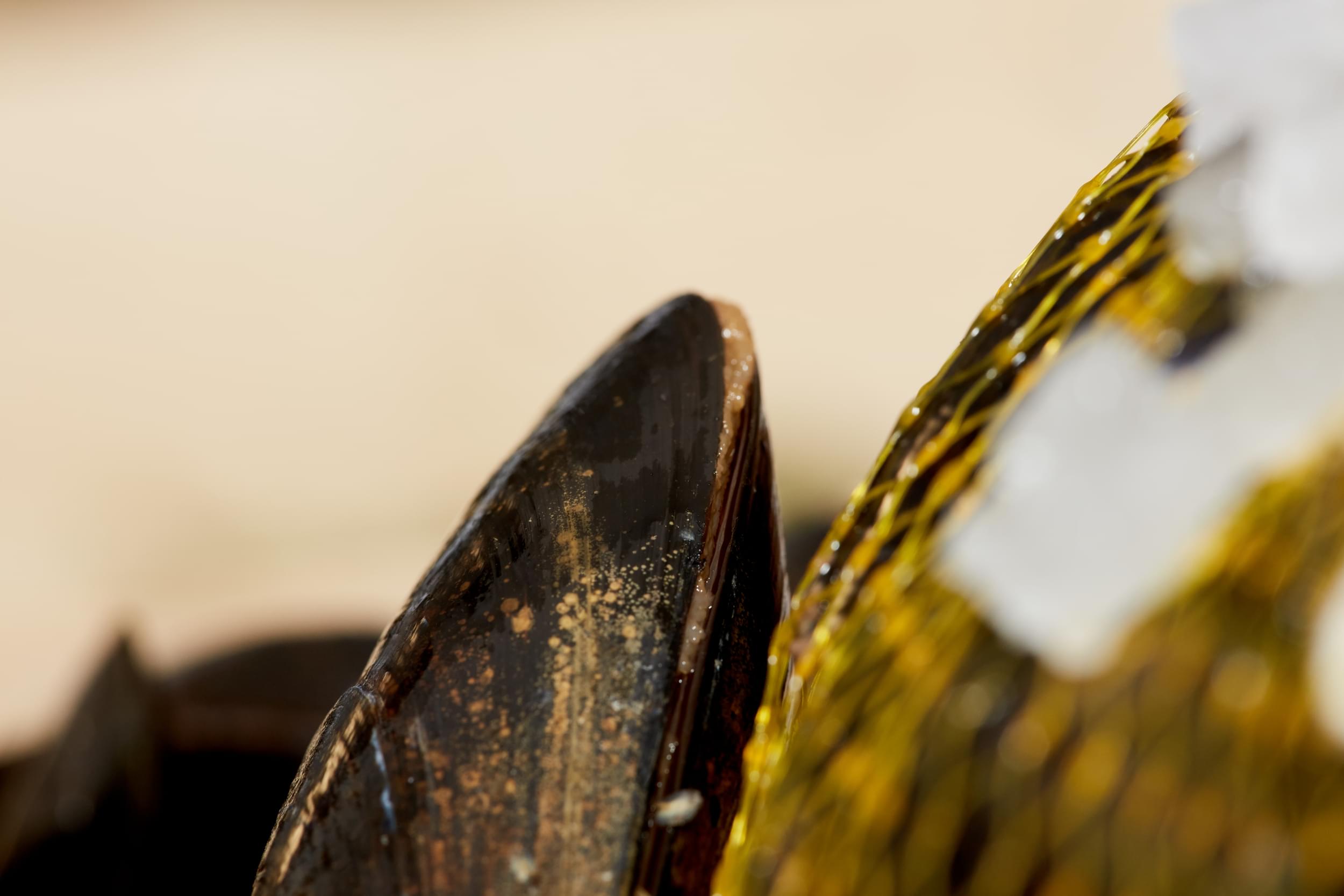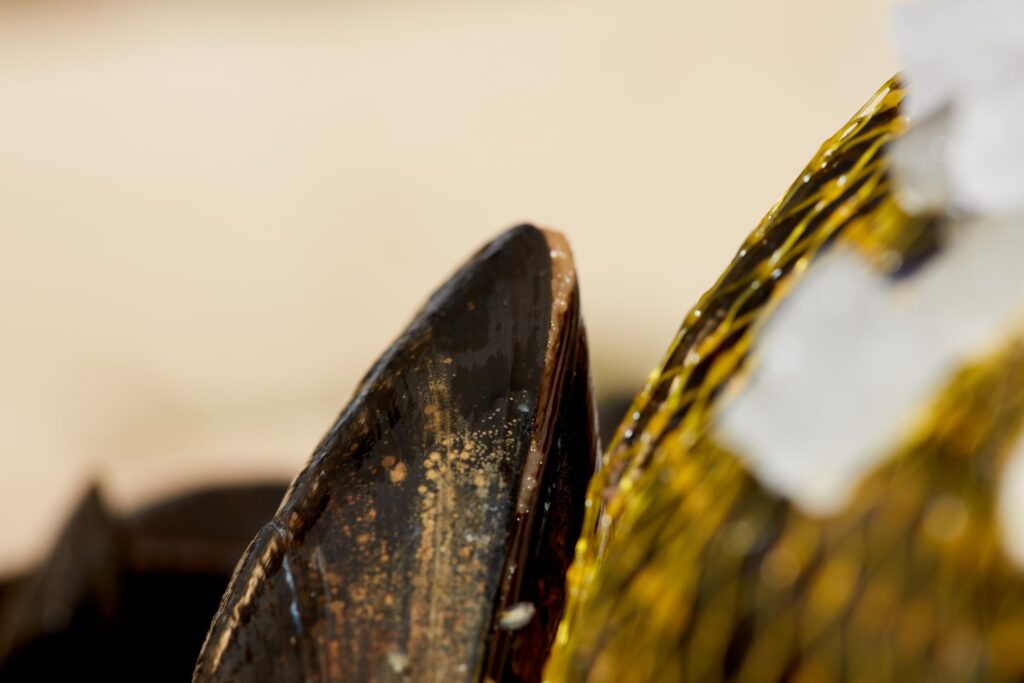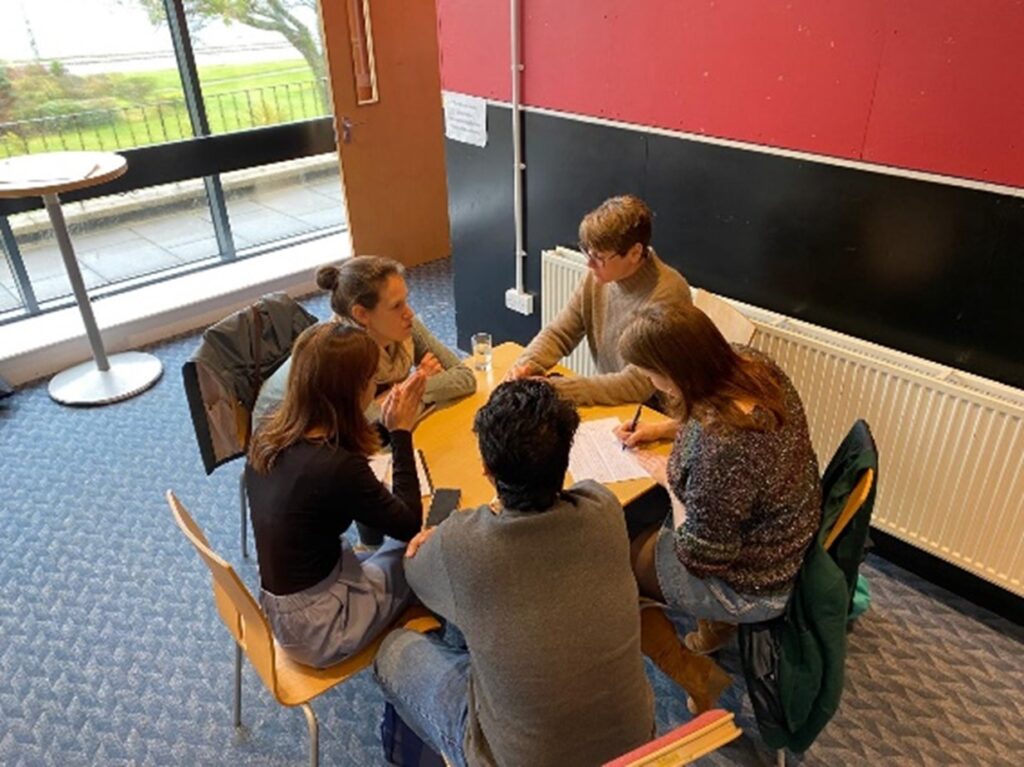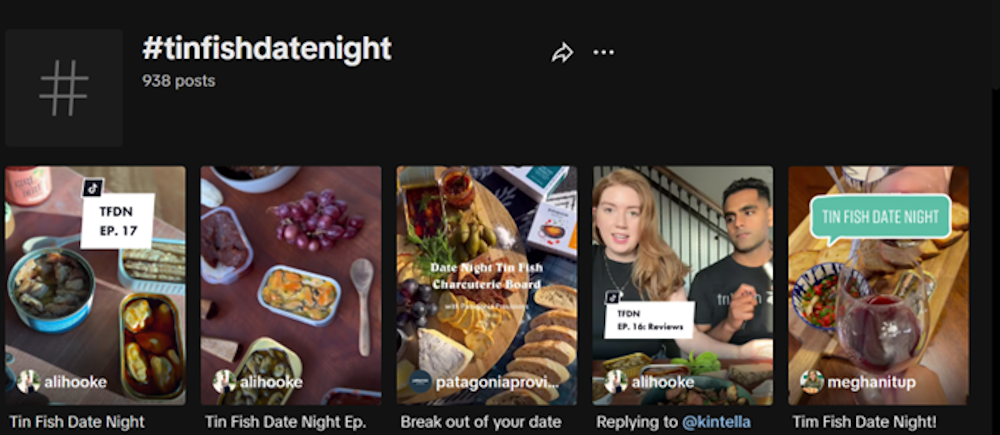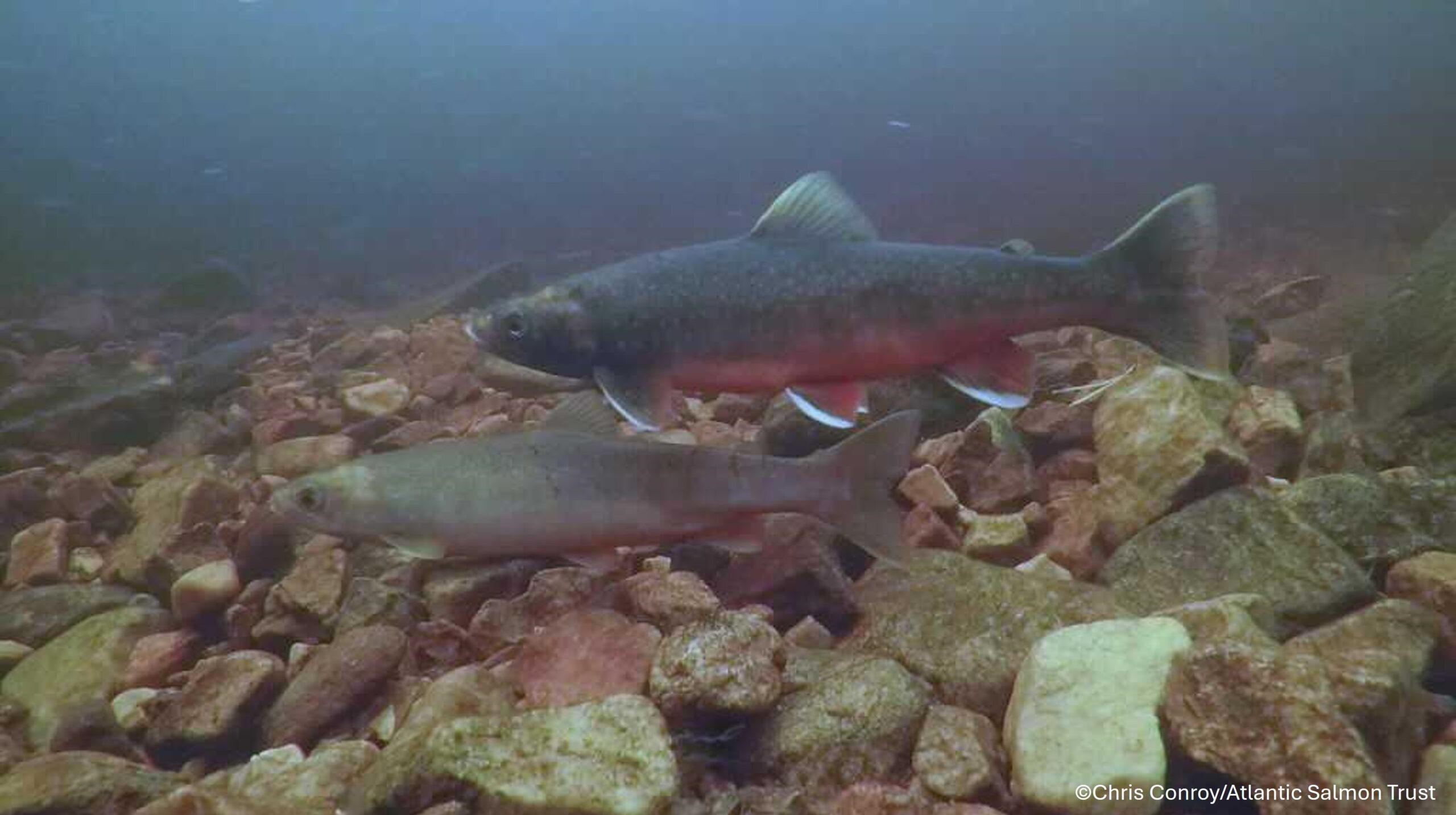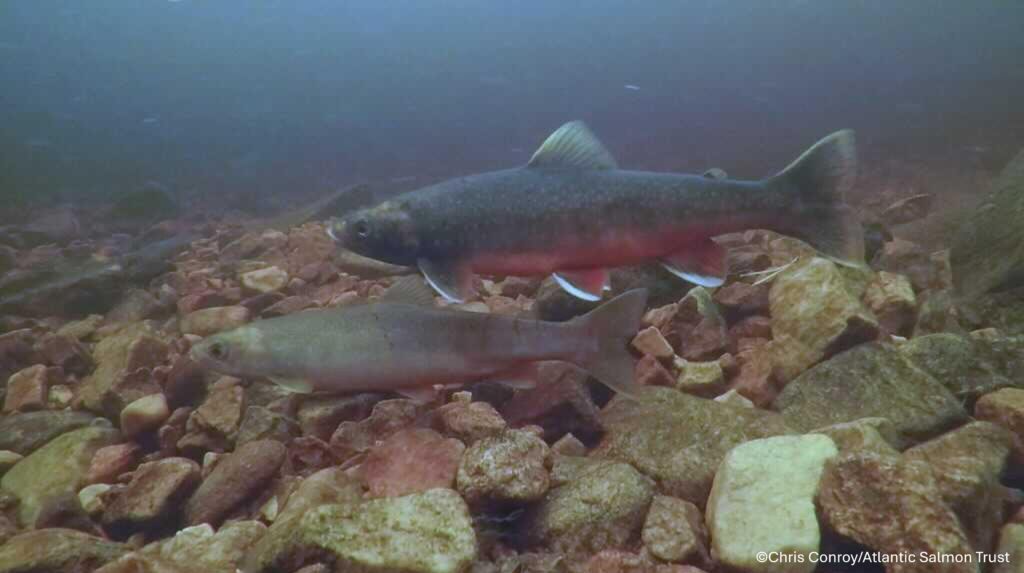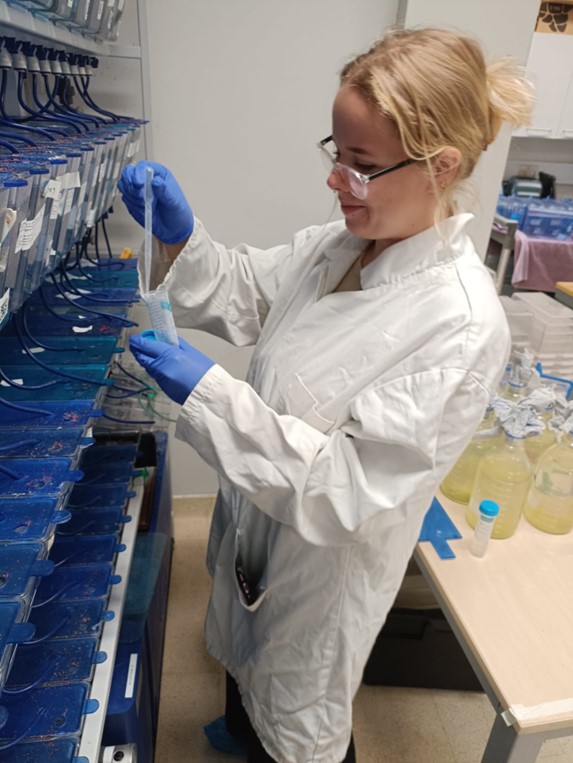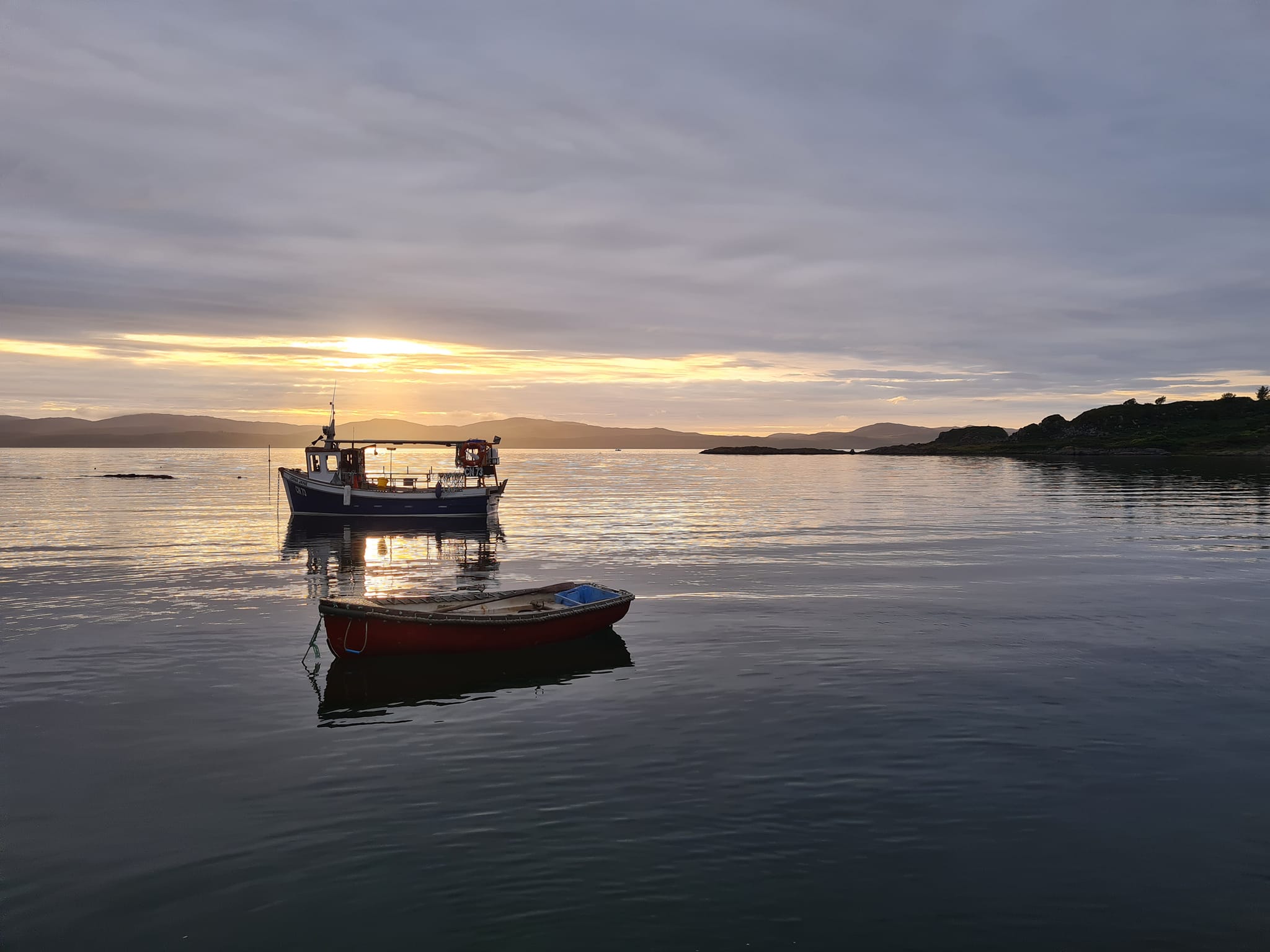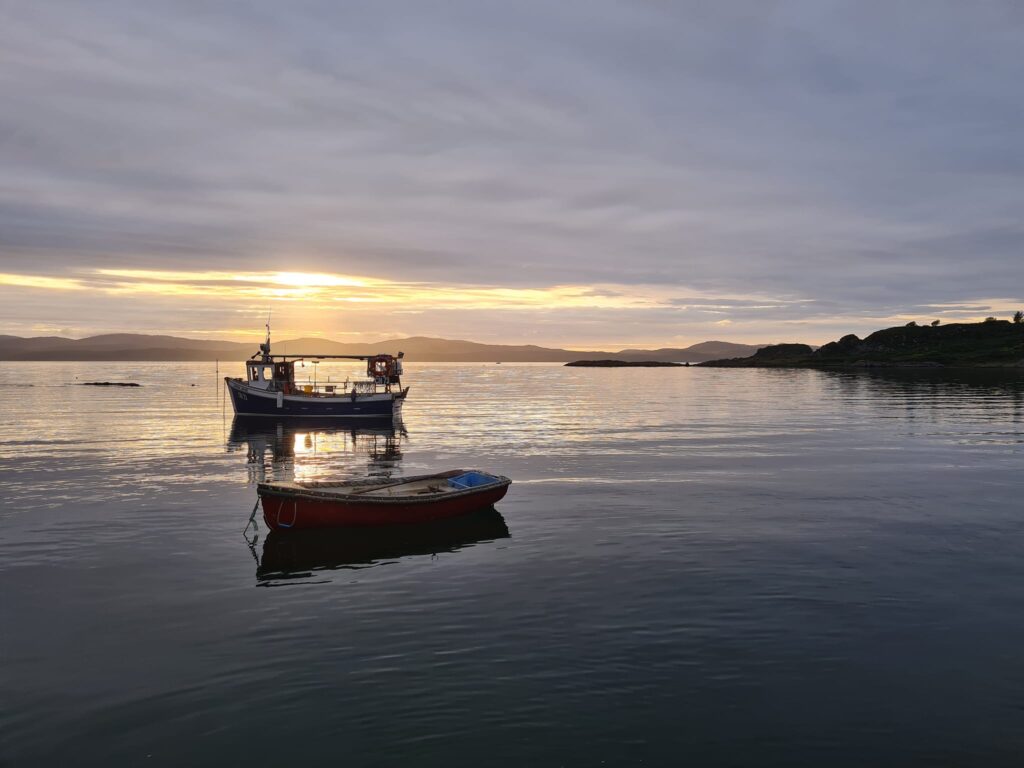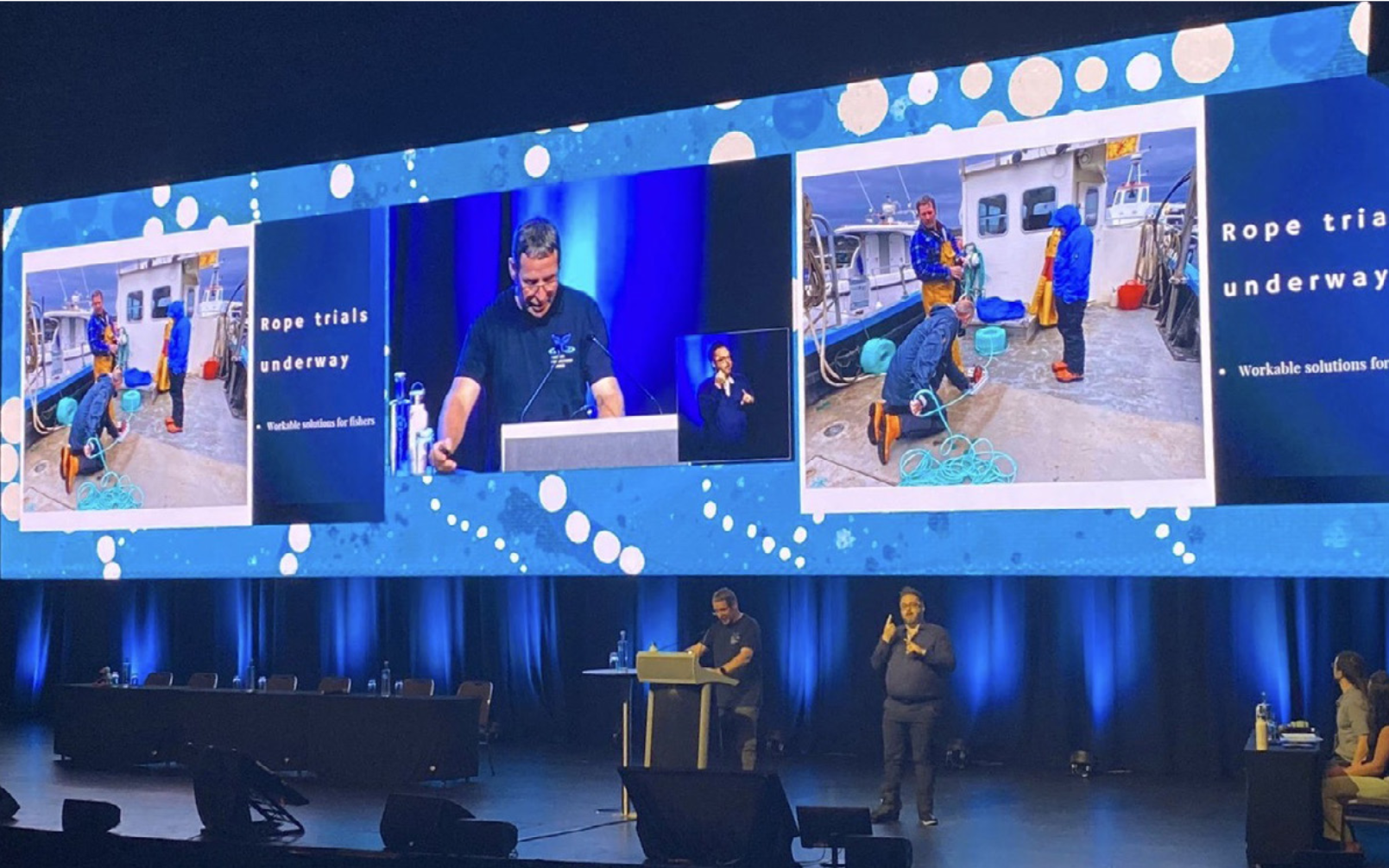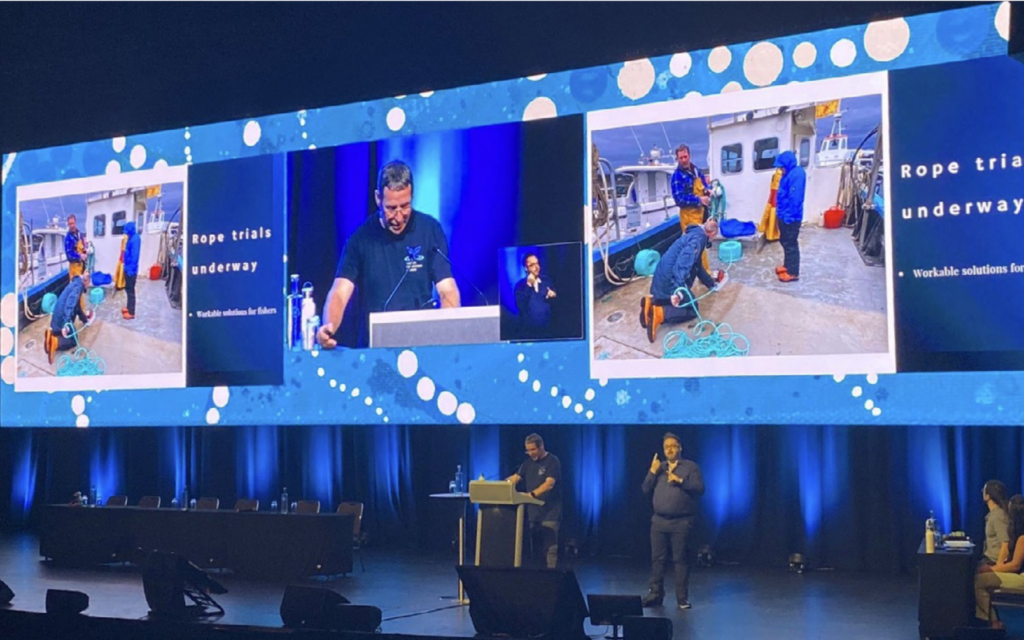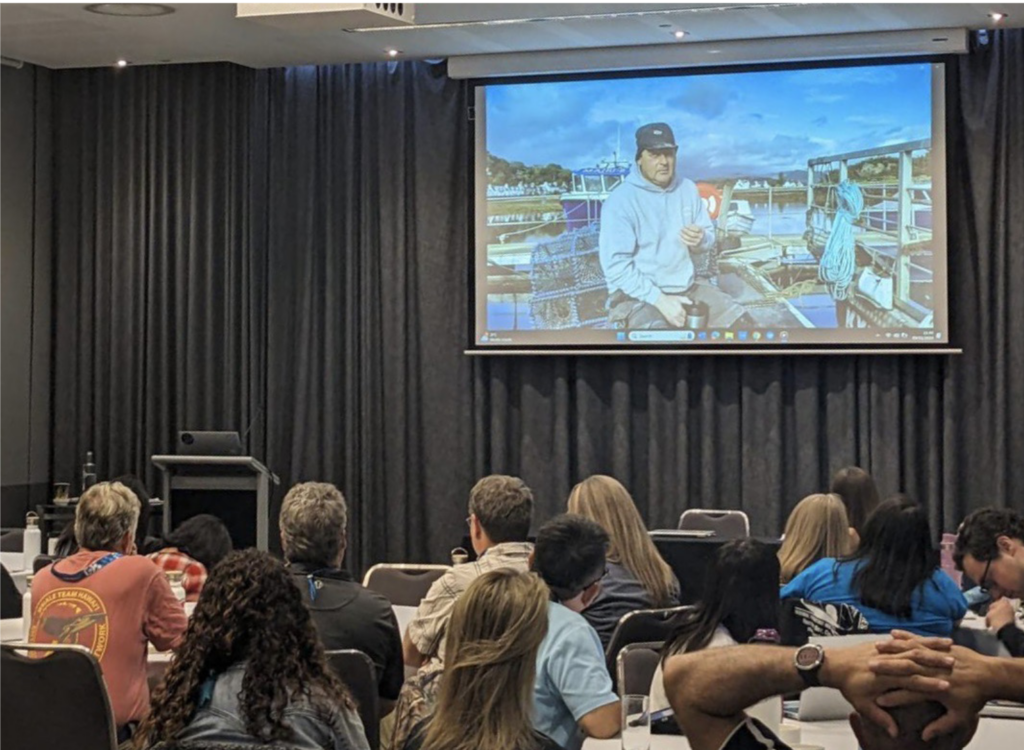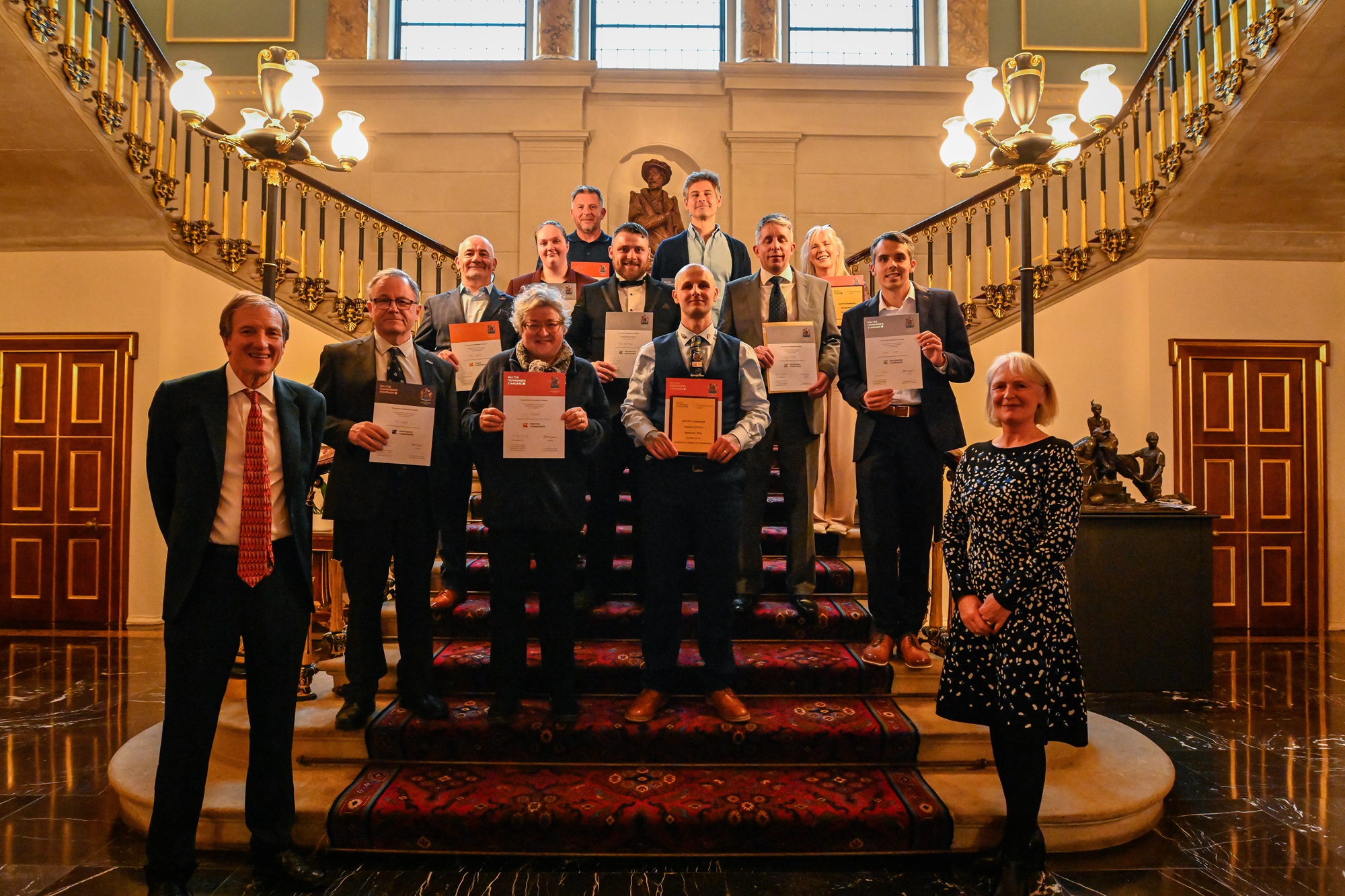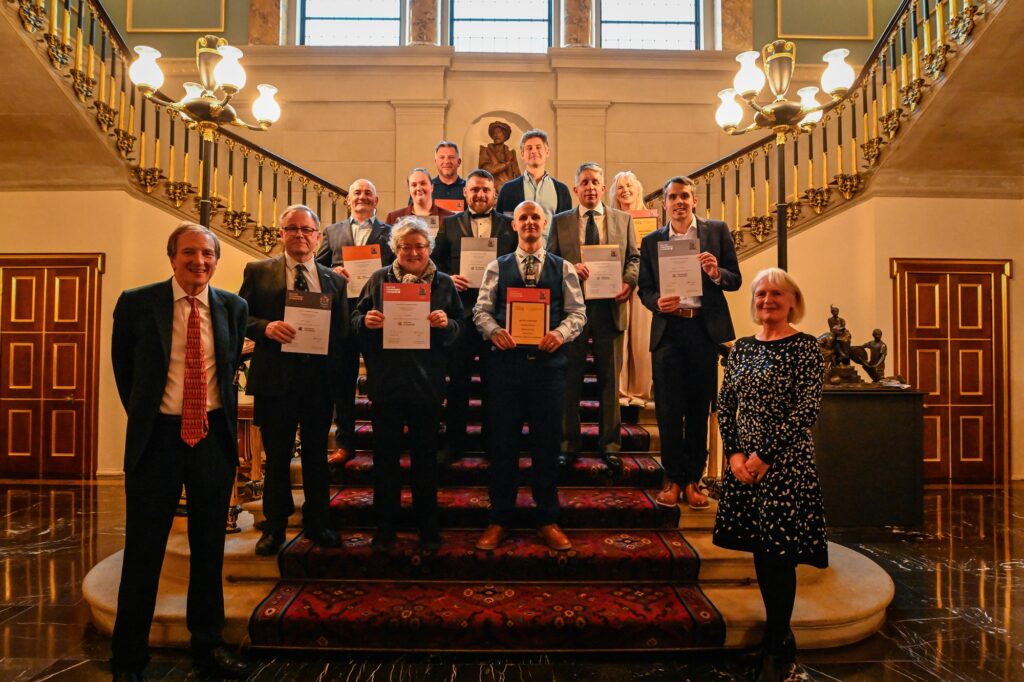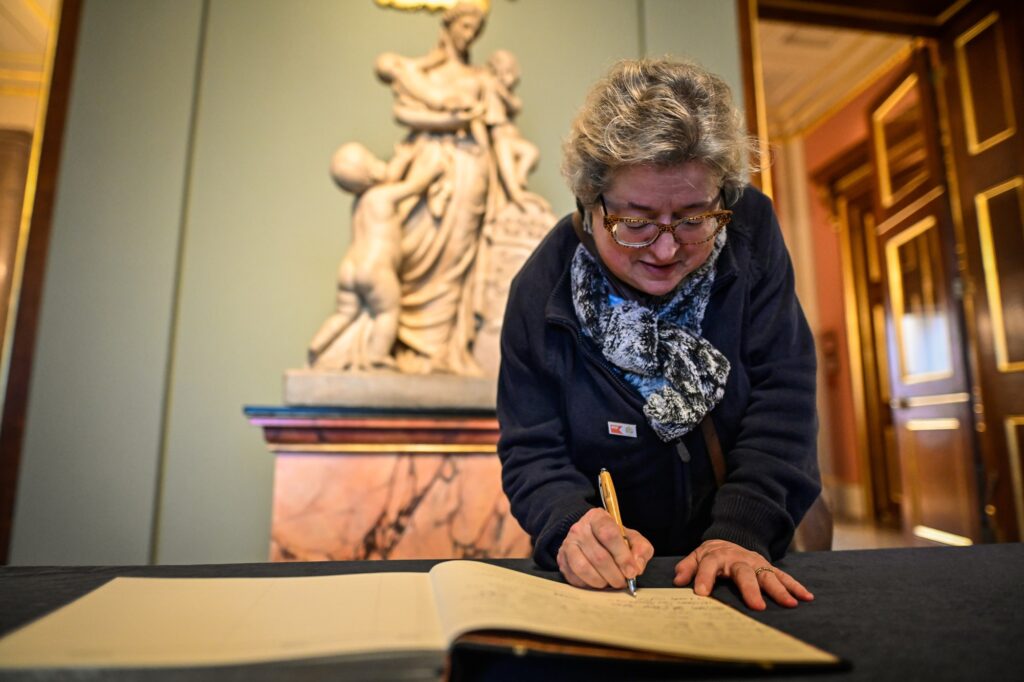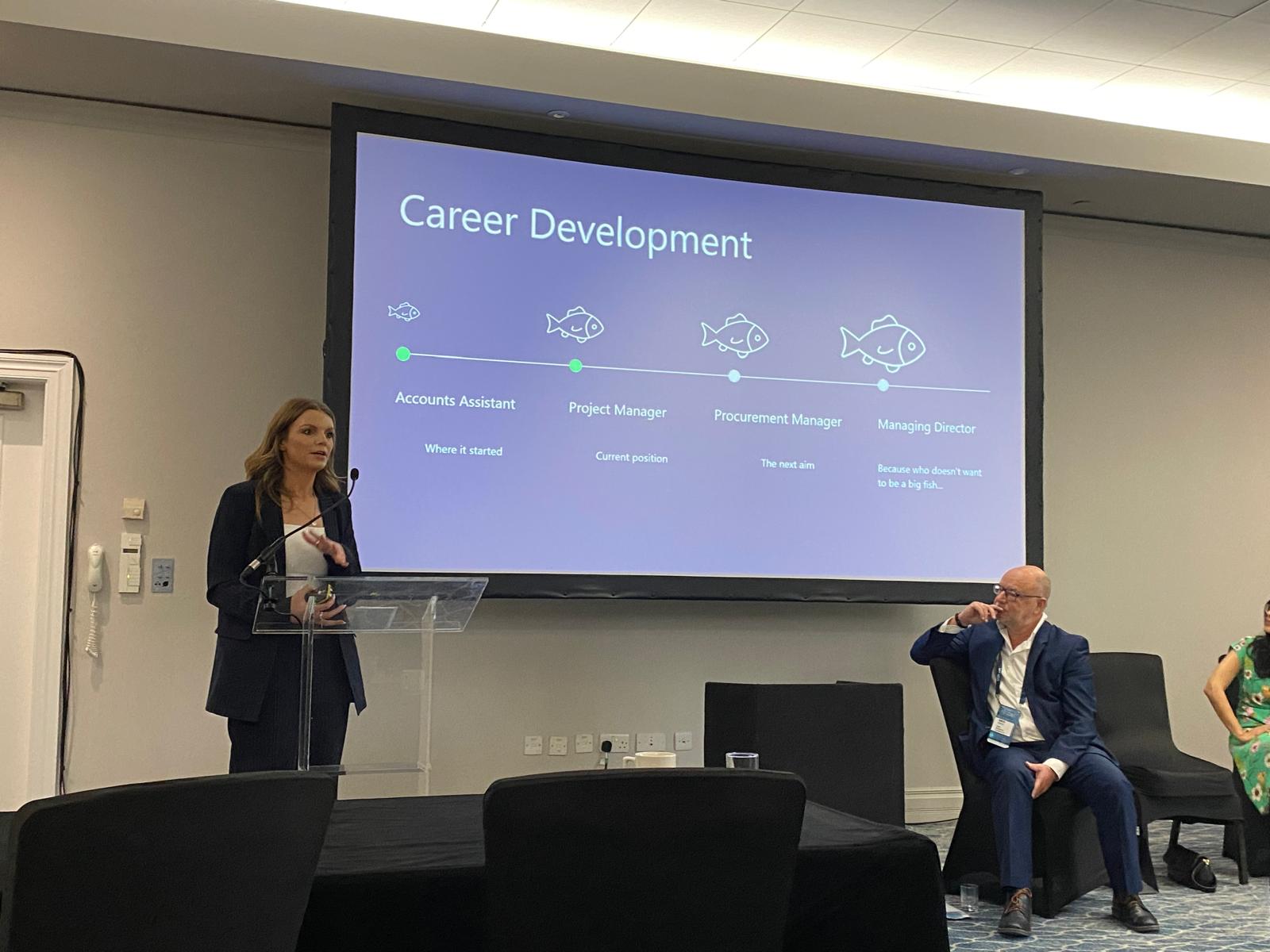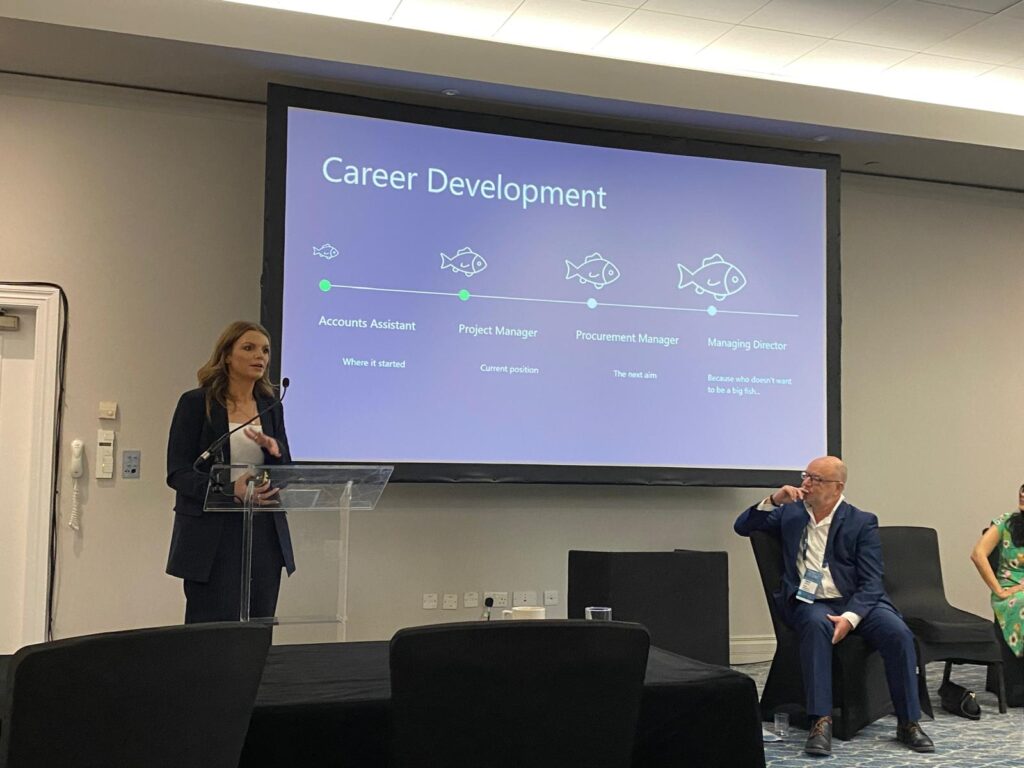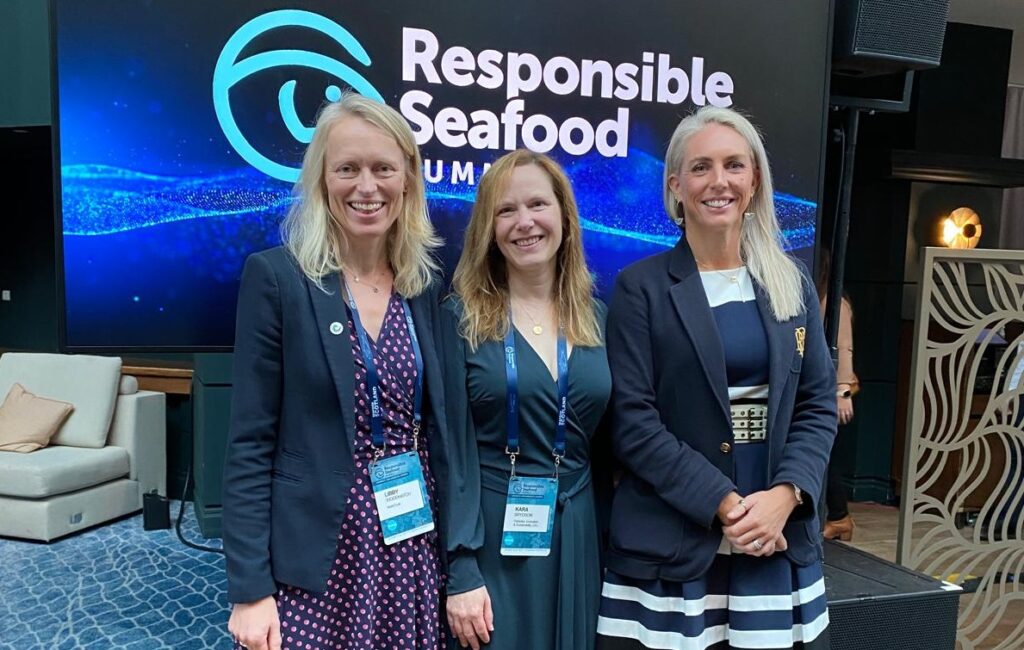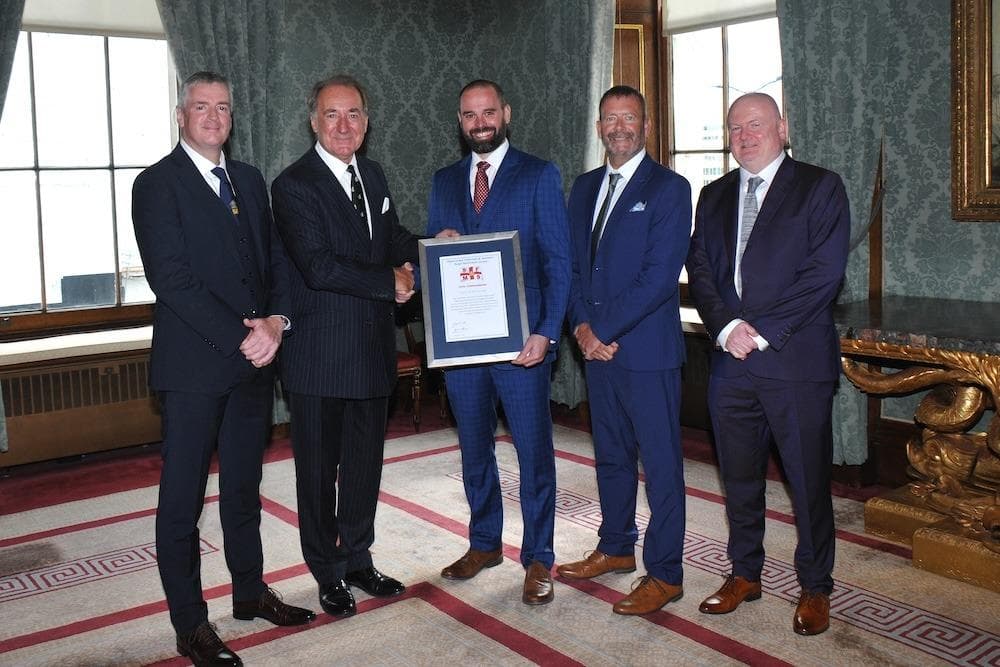Future seafood enthusiasts got a taste of the trade last week when Master Fishmonger Hayden Cutting visited Jersey schools as part of the Fish in School Hero programme—an initiative in partnership with Food Teachers Centre bringing the seafood industry into the classroom.

The 3 day visit, part of the nationwide initiative supported by the Fishmongers’ Company, was designed to educate and excite students about the journey of fish from sea to plate, highlighting the importance of sustainability, traceability, and culinary skills. Hayden, who holds the highest tier of the Master Fishmonger Standard, led a series of interactive sessions across the island, packed with hands-on learning opportunities for young people.
Students were given a unique opportunity to see professional fish preparation up close, learn about the variety of species found in British waters, and even try their hand at filleting and cooking under Hayden’s expert guidance. His approachable style and clear passion for the trade made a big impression on both pupils and staff.
The Fish in School Hero programme works to raise awareness of the seafood industry in schools across the UK and Channel Islands. It delivers seafood masterclasses for food teachers across the UK and connects fishmongers and chefs with young people to promote the benefits of eating and working with fish. Hayden’s visit marks a significant step in expanding this message to the Channel Islands.

The workshops supported by local fishers and producers gave students an opportunity to cook with jersey crabs, scallops and oysters, species many of them had never seen, let alone cooked and eaten before. The visit was developed in collaboration with the Jersey Marine Resource government department who supported the connection with fishers, producers, processors, and retailers to engage with food education
At a time when young people are increasingly disconnected from where their food comes from, visits like this one help bridge the gap—and inspire the next generation of seafood lovers.
If you are a fishmonger or seafood professional who would like to support the Fish in School Hero Programme click here to register your interest.

